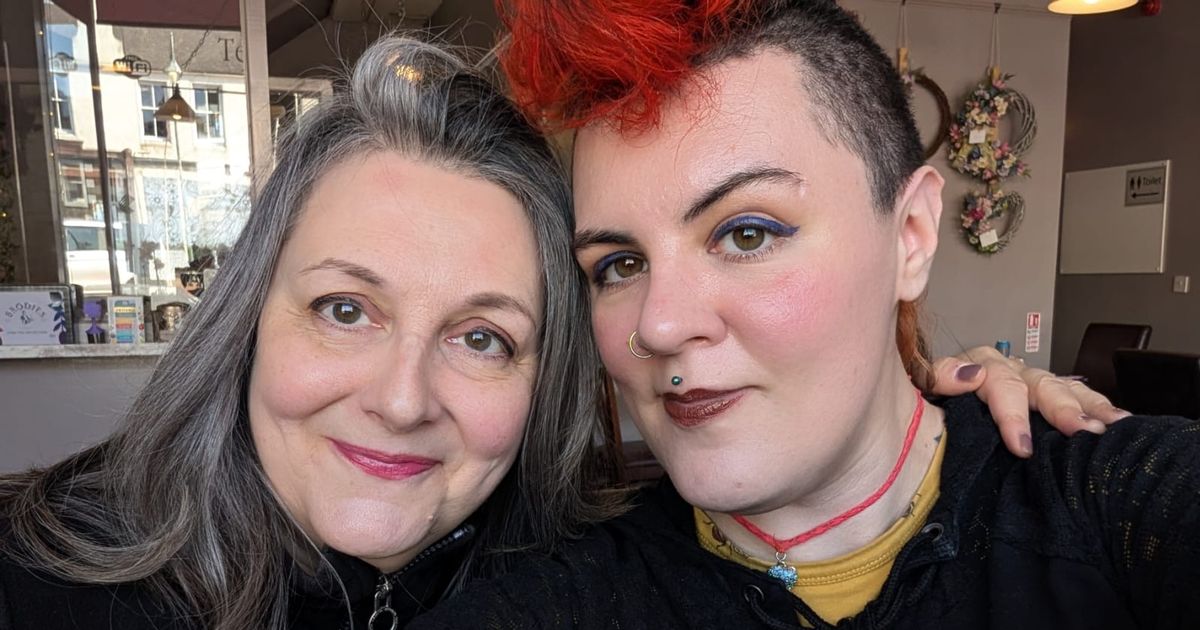Freedom of information requests to NHS health boards found some young people waited more than 1000 days for support.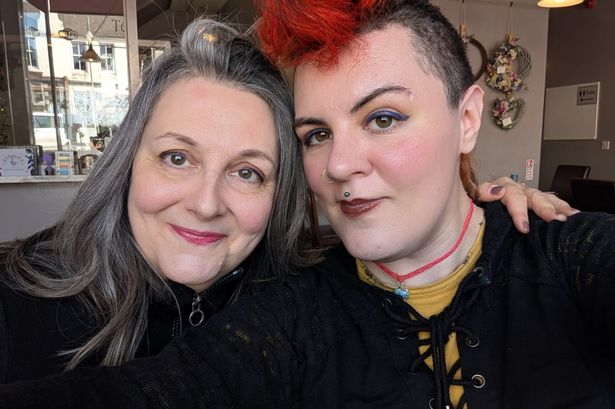 Catherine Simpson has published a book on the torrid time she endured raising her autistic daughter, Nina, now 30(Image: UGC)
Catherine Simpson has published a book on the torrid time she endured raising her autistic daughter, Nina, now 30(Image: UGC)
Children across Scotland are waiting years to access mental health services, figures have shown.
Freedom of information requests to NHS health boards found some young people waited more than 1000 days for support.
In 2024-25, a patient in NHS Highland waited 1189 days for treatment with Child and Adolescent Mental Health.
Patients also waited over a year at NHS Ayrshire and Arran, the Borders, Greater Glasgow and Clyde, Lothian and Lanarkshire, with one waiting more than two years.
In NHS Tayside, a patient has been waiting 1137 days to start treatment.
Scots Liberal Democrat leader Alex Cole-Hamilton said long waits could damage children’s mental health. He said: “The SNP have spent the last two decades ignoring the scale of the mental health crisis. Their failures are plain to see in all those children waiting months and years for the treatment they need.
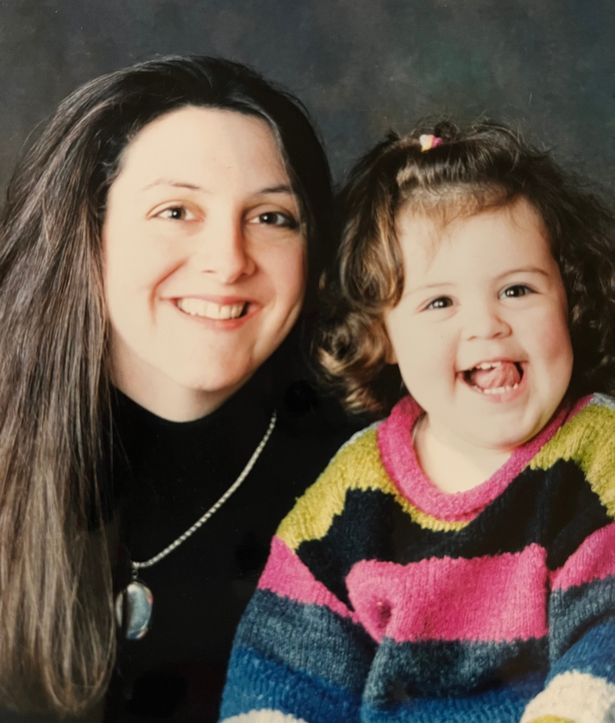 Catherine has documented her experience raising daughter Nina(Image: UGC)
Catherine has documented her experience raising daughter Nina(Image: UGC)
“Making children and young people wait years for help only worsens their mental health – it is a sure-fire way to add to their pain.
“Scottish Liberal Democrats are the party of mental health.
“We want to drive down waiting times by installing more counsellors in schools and rolling out more specialists in GP surgeries and A&E departments near to you.”
One mum told of the torrid time she endured when raising her autistic daughter and the battle she had with education and health services.
Catherine Simpson struggled for eight years to get a diagnosis for daughter Nina.
Now she hopes her book Hold Fast: Motherhood, My Autistic Daughter and Me, will offer some hope to parents who are struggling now.
Catherine, from Edinburgh, said: “It took three assessments over an eight-year period to get Nina a diagnosis.
“They were years of not really understanding her, blaming her for being her, showing frustration with her, being told all our troubles were my fault, feeling like such a failure.
“Finally, when she was 10, we got the explanation in one simple sentence. Nina was autistic. She was the same girl she had always been, but the whole context was different.
 Catherine has opened up on her eight-year ordeal with autistic daughter(Image: UGC)
Catherine has opened up on her eight-year ordeal with autistic daughter(Image: UGC)
“We were now seeing her from an entirely new perspective and could try to access the right information.”
After Nina’s diagnosis, the more Catherine read about the condition the more obvious her daughter’s condition became.
Catherine added: “I remember her ability to decode letters very early and learning to read long before she started school. She had intense special interests – in dinosaurs, planets, times tables, Pokémon, like many other children with autism.
“Her deep concentration took her away from this world and into another.
“She was agitated around change and transitions – she had difficulty fitting in at school and making friends as other children could sense a difference.
“The tantrums she had had over the years, I now understood to be autistic meltdowns – expressions of distress when the world had overwhelmed and overloaded her hypersensitive brain and were actually a form of panic attack.
“Looking back, it seemed Nina had been presenting as a classic case of autism for years and the frustration was intense that it had taken so long and robbed her of being understood for most of her primary education.”
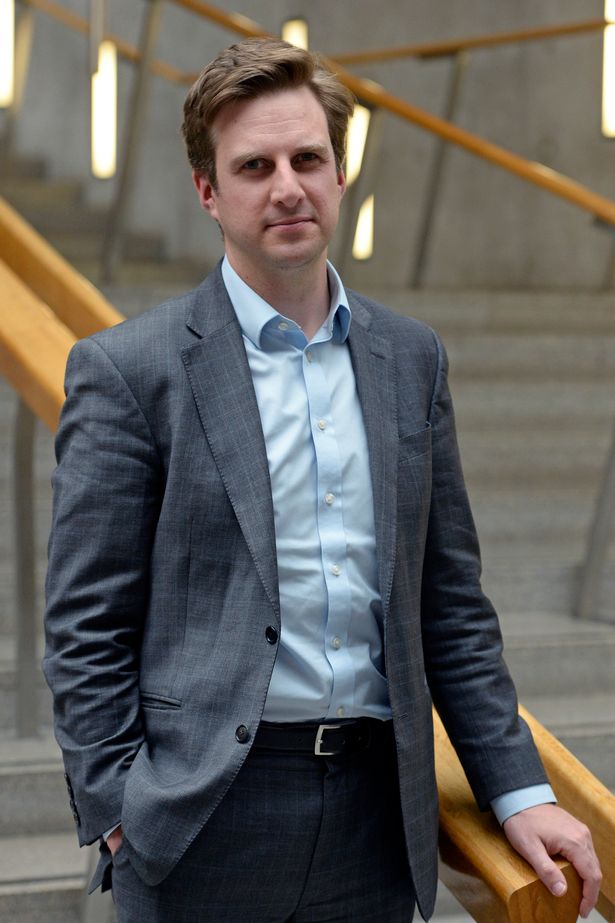 Labour MSP Daniel Johnson(Image: Getty Images)
Labour MSP Daniel Johnson(Image: Getty Images)
But while Catherine and Nina, now aged 30, waited eight years for the correct diagnosis, kids caught in the same web today are at real risk of reaching adulthood before they can be diagnosed.
Labour MSP Daniel Johnson’s learning disabilities, autism and neurodivergence Bill was ditched by the Scottish Parliament earlier this year. He wanted more resources to be given to child mental health services and a waiting time guarantee.
The MSP claims children now have virtually no chance of a mental health diagnosis during their schooling. Johnson, who has ADHD, was told by Scottish Government Ministers that progress had been made and better support for kids with mental health issues was now available.
In his speech to the parliament, Johnson pointed out: “The reality is that, in most parts of the country, someone cannot now get an assessment for autism or ADHD. Pretty much every part of the country has either temporarily or permanently ended the process of putting new people on the waiting list.
“Those on the waiting list are looking at waits of almost a lifetime – 14 years in some cases.
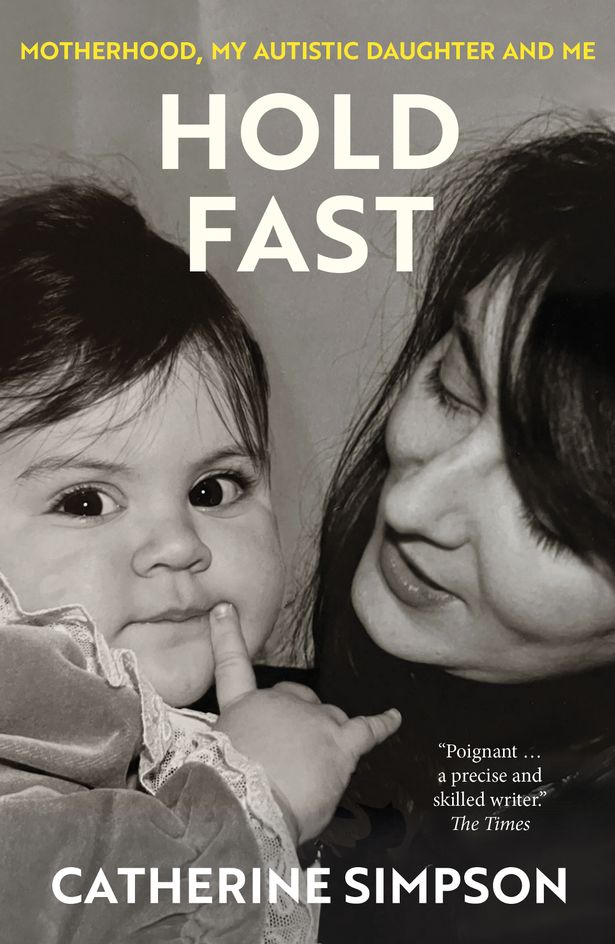 Catherine Simpson’s book Hold Fast(Image: UGC)
Catherine Simpson’s book Hold Fast(Image: UGC)
“If a child is suspected of having ADHD or autism, it is very unlikely that they will get a diagnosis, let alone treatment, during their time at school. That is the nature of the crisis.”
Maree Todd, Minister for Social Care and Mental Wellbeing, insisted that progress had been made and further proposals to improve the situation for children with mental health problems would be brought forward.
Mental Wellbeing Minister Tom Arthur said: “The national standard on waiting times for children and young people accessing mental health services has been met twice in a row and is testament to the hard-working staff who care for those referred.
“We want all children and young people to be able to access appropriate mental health treatment as and when they need to. While long waits are unacceptable, young people in need are generally seen quickly, with the median wait being five weeks.
“We’ve exceeded our promise to provide funding for 320 additional staff for CAMHS by 2026, and this will no doubt have contributed to the improvements we’re seeing but I am aware that there is still much to be done if this is to be sustained and consistent across Scotland.”
